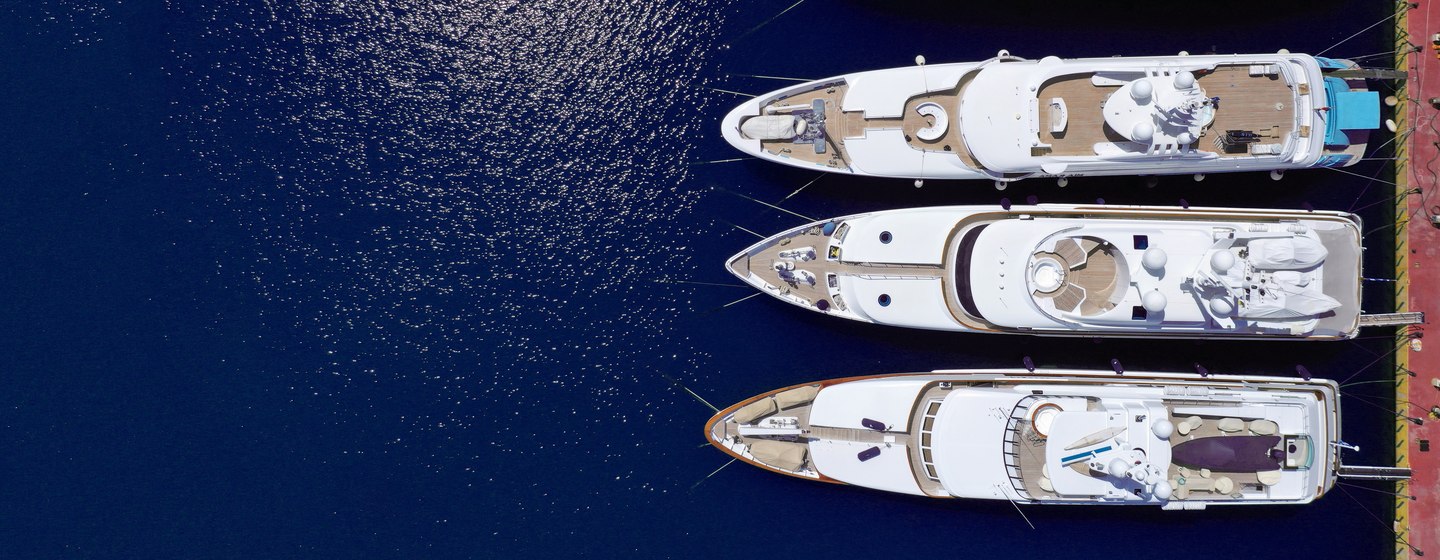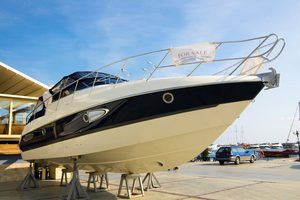In marina speak, ‘residual value’ is how a yacht holds its value throughout its useful life. This can play a factor in determining how a yacht buyer will invest.
The perceived value of a yacht, created by its brand pedigree, proven abilities and build quality, will generally have the biggest bearing on its residual. There are other variables too, for example a celebrity owner. These will be set against a backdrop of market conditions. If the market is depressed, or there are a number of similar models for sale, the residual value may fall.
What is Residual Value?
The term residual value originally referred to the market value of an item at the end of its service life. In the yachting world, or automotive for an easy comparison, it refers to something far less final.
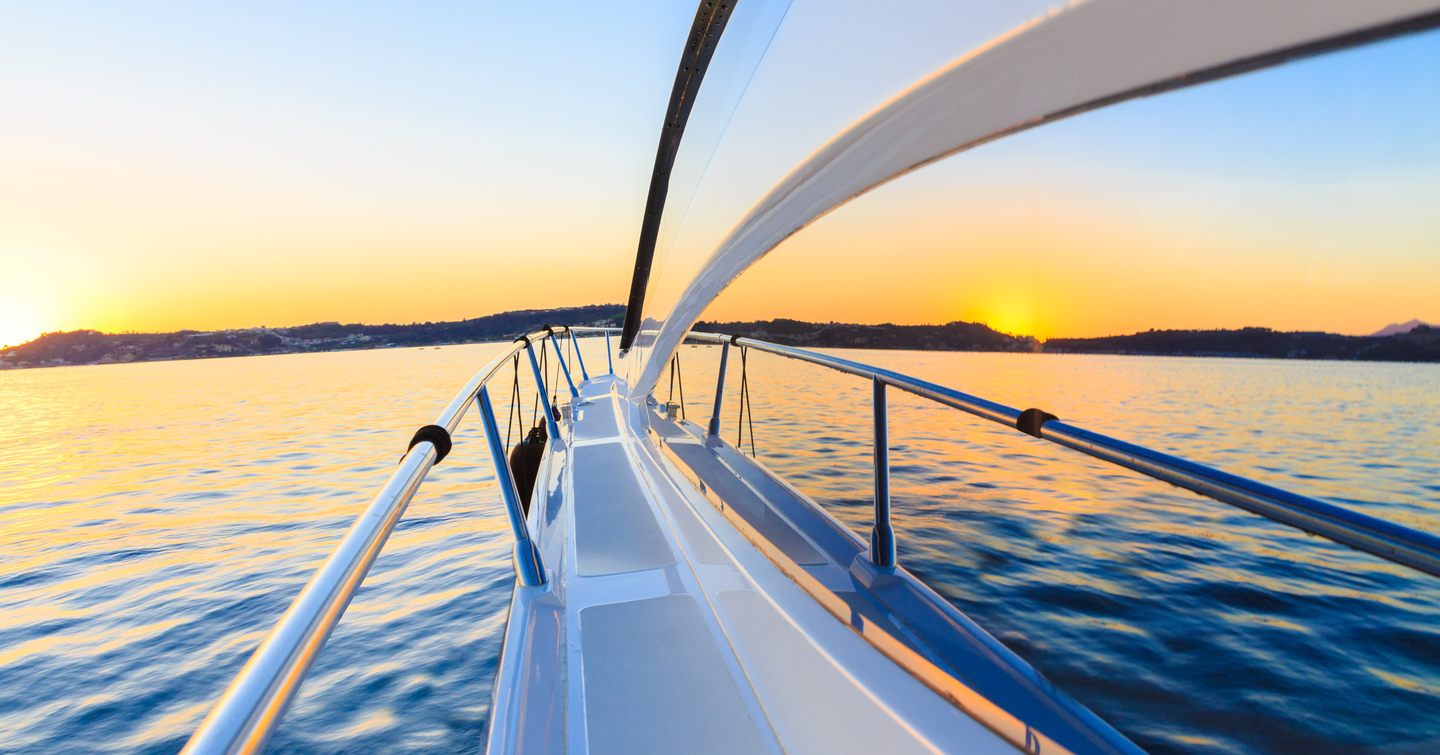
For our purposes, the residual value of a yacht is its current value, at any given moment, though usually when it comes to the sales market as a pre-owned yacht, as compared to its new price. A yacht with a good residual value may have dropped little from its new price, a yacht with a low residual value will have dropped a lot.
Think along the lines of a ‘limited edition’ which will usually fetch a higher price than a standard spec.
The Initial Drop
As with a new car, a yacht, lawnmower, or even a coffee machine loses value once it leaves the store. This depreciation begins the moment the yacht is launched. While some loss is inevitable for a new yacht buyer, there are strategies to soften the blow.
"It's important to remember that a yacht is an investment made for the purpose of enjoying life and recognizing the hard work that enabled such a purchase. With this in mind, is 'residual value' truly a critical consideration?"
The first and foremost hit will be the tax. The market, or valuers (such as a surveyor), will deduct any luxury or value-added tax (usually around 20%-30%) from the new yacht price when considering a used value. This, together with a less definable reduction for simply being ’pre owned’, means that new yachts can drop in value of around 30% in their first year, before levelling out.
This initial drop can be reduced, or even wiped out by desirability. The latter is incredibly rare but there are ways to protect your hard-earned and reduce residual falls, as we will see.
Factor 1: Brand Pedigree and Desirability
"The bitterness of poor quality remains long after the sweetness of low price is forgotten.” Benjamin Franklin
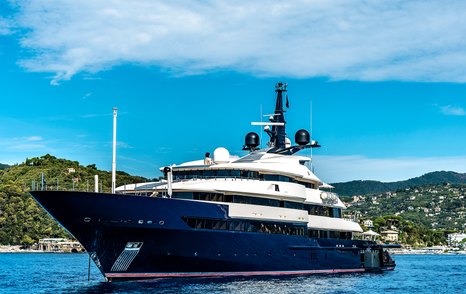
The boat builder plays a big part in a yacht’s residual value. Notable yacht brands, with a history of building good quality yachts and delivering desirable designs that are both contemporary and age well, will often enjoy strong values on the secondhand yacht sales market.
So, while the established brands will charge a premium for their yachts, there is some assurance in what you might get back.
Factor 2: Exact Model
Within a yacht builder’s fleet, certain models will command higher, or lower, values. A positive example of this would be a lesser-known builder creating an award-winning yacht, widely regarded as a great buyer option. This model may well outstrip far bigger brands.
An adapted model from a production line could hold appeal for a specific type of buyer. For instance, if a new build specification was adjusted to include a full-beam master cabin at the expense of a smaller guest cabin, it might be an advantageous arrangement for a buyer seeking a more liveaboard experience, even if it means a reduction in the number of cabins on the sales spec sheet.
Yacht buyers are incredibly well-researched and will know a good boat when they see one. Word gets around, desirability is born and strong residuals are made."
An exact model’s residual is a useful point to bring in buyer knowledge. Most yacht buyers are incredibly well researched, at least in the specific sector they are looking in and most likely well-beyond. They will know a good boat when they see one. Desirability is born and strong residuals are made.
Factor 3: Value-for-Money vs Prestige
A common conundrum. Does it make more sense to invest more for a prestige yacht that might hold its value better, or, opt for a lower-priced value-for-money model that might not?
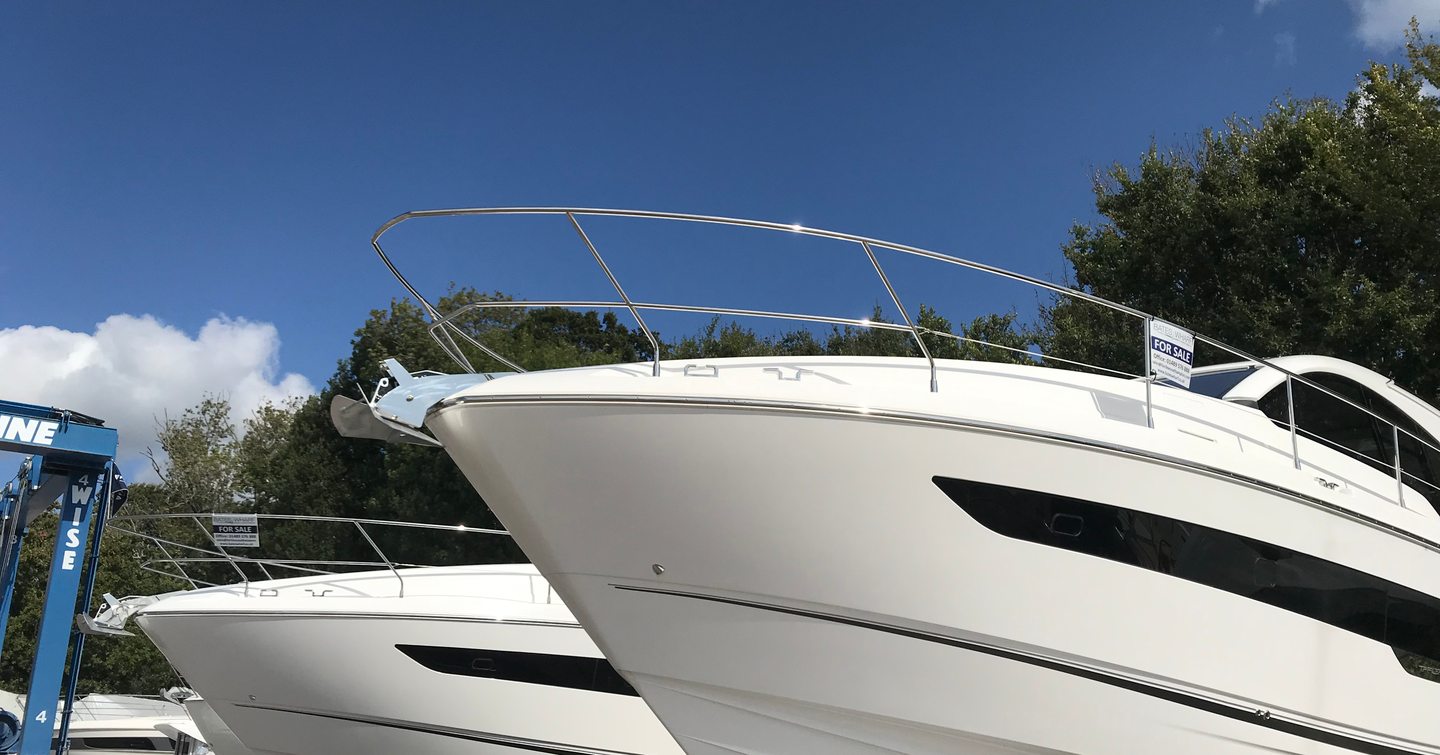
Buy the boat, not the deal."
If you are greatly concerned about residual value, history tells you to buy on quality and reputation - as the adage goes, buy the boat, not the price.
The best advice will always be to buy the yacht you like, the yacht that suits your cruising style and your budget. Enjoy it, look after it and, when you do decide to sell it, ask a sensible price.
Factor 4: Market Conditions
The residual value of anything will depend on the market it arrives in. History is littered with stories of real estate, classic cars, or art being snapped up in difficult times.
Within the yachting market, it doesn’t need a recession to drive down prices. Timing is everything. Placing your yacht on the sales market at the end of the season, when the market is slow and buyers are running research rather than doing deals, does not create a good opportunity for high prices. You may have enjoyed one last summer of your yacht but in an attempt to avoid the costs of winterization, there will be reluctance among yacht buyers to write a cheque for an asset they will not enjoy for a considerable amount of time.
Better to have your yacht ready to sell well before the start of the season and use sunshine and immediacy to your advantage, enticing a decent offer from a potential buyer.
Factor 5: Time can be a Residual Healer
A significant depreciation in the value of the yacht will occur in its initial years. However, as a diligent yacht owner, ensuring that maintenance and servicing schedules are followed and with continual good care of the yacht throughout, you could potentially recoup a substantial portion of the original purchase price.
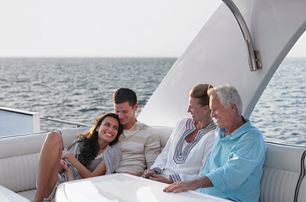
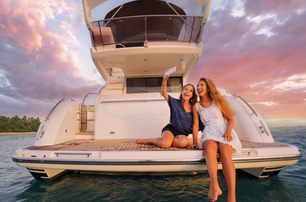
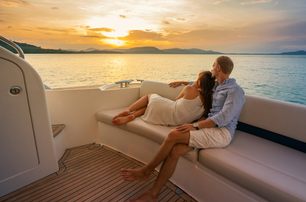
The right yacht, market conditions, and alignment with current trends in style and type are all crucial factors.
Certainly, a wise choice in your initial purchase, coupled with diligent care and long-term ownership, will go a long way in minimizing potential losses.
